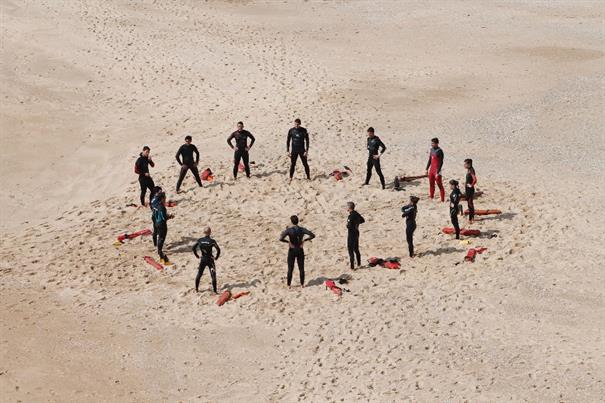
As we touched on previously, rest and recovery play an important role in allowing leaders to perform at their highest level on a sustained basis. This can take many forms, from regular exercise and family holidays to short mental breathers or simply sitting on the couch watching TV.
What you do to rest and recover is much less important than finding an approach that works for you and a way to integrate it into your routine. Here are a few strategies that can help you make rest and recovery a regular feature in your busy life.
Make a plan
High-flying executives typically have a never-ending to-do list, so if you don’t plan for rest and recovery, there’s a good chance it won’t happen. In other words, you need to actively make time to unwind.
One way to do this is by applying periodization – a training strategy used by athletes – to plan your time in blocks with different objectives and levels of intensity. To use this approach, try dividing your day into 30- or 60-minute blocks. Depending on the nature of your role, you might assign a few blocks in the morning for meetings and status updates with your team, a block or two for administrative duties, and so on.
With this approach, you can build protected time into your schedule for rest and recovery. For instance, you might block off 30 minutes of distraction-free time (no taking calls, no checking emails!) in the early afternoon during which you go outside for a walk and gather your thoughts.
Since your brain will likely be tackling work problems subconsciously in the background, this is not ‘wasted’ time. On the contrary, this time will likely give you the energy boost and mental clarity you need to have a more productive afternoon.
Involve the team
Just because you’re in charge doesn’t mean you have to do everything on your own. If you’re struggling to incorporate rest and recovery into your life, get your team to help.
For example, if you apply a periodization approach to your daily schedule, don’t keep this to yourself. Instead, share this info with your team so that they understand how your day is structured and can help you plan with this in mind.
If you have young children, you might make it a priority to be home in time for dinner with them on weeknights, after which you work another hour or two in your home office. This mealtime with your family is an important recovery period for you, and making your team aware of this will ensure they don’t disrupt it for anything short of an emergency.

Unplug
Smartphones and laptops are valuable tools when you’re running an organisation and trying to keep up with many people and events, often across different geographies and time zones. But the endless notifications can also cause your attentional intelligence to suffer and make it difficult to ‘switch off’ work.